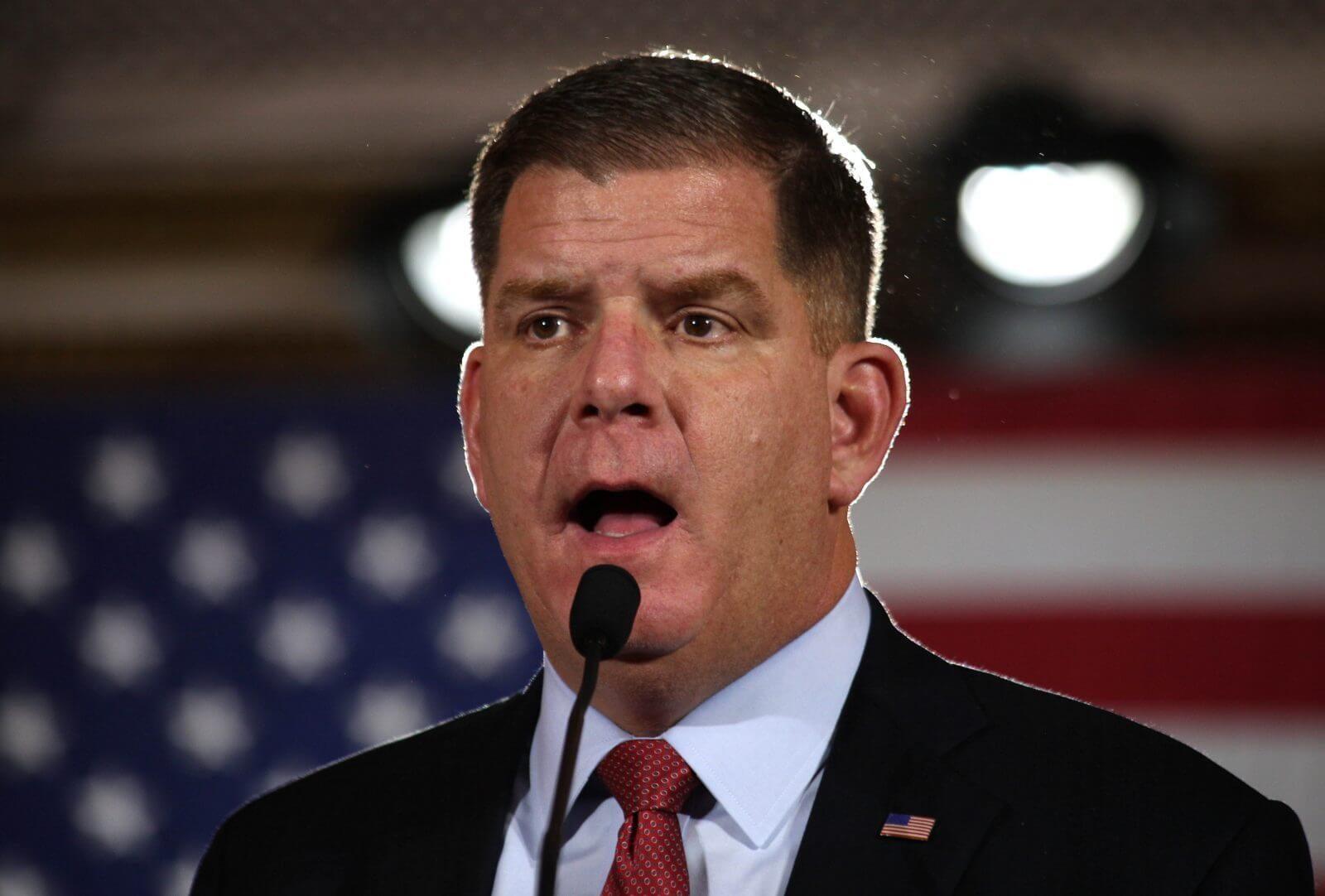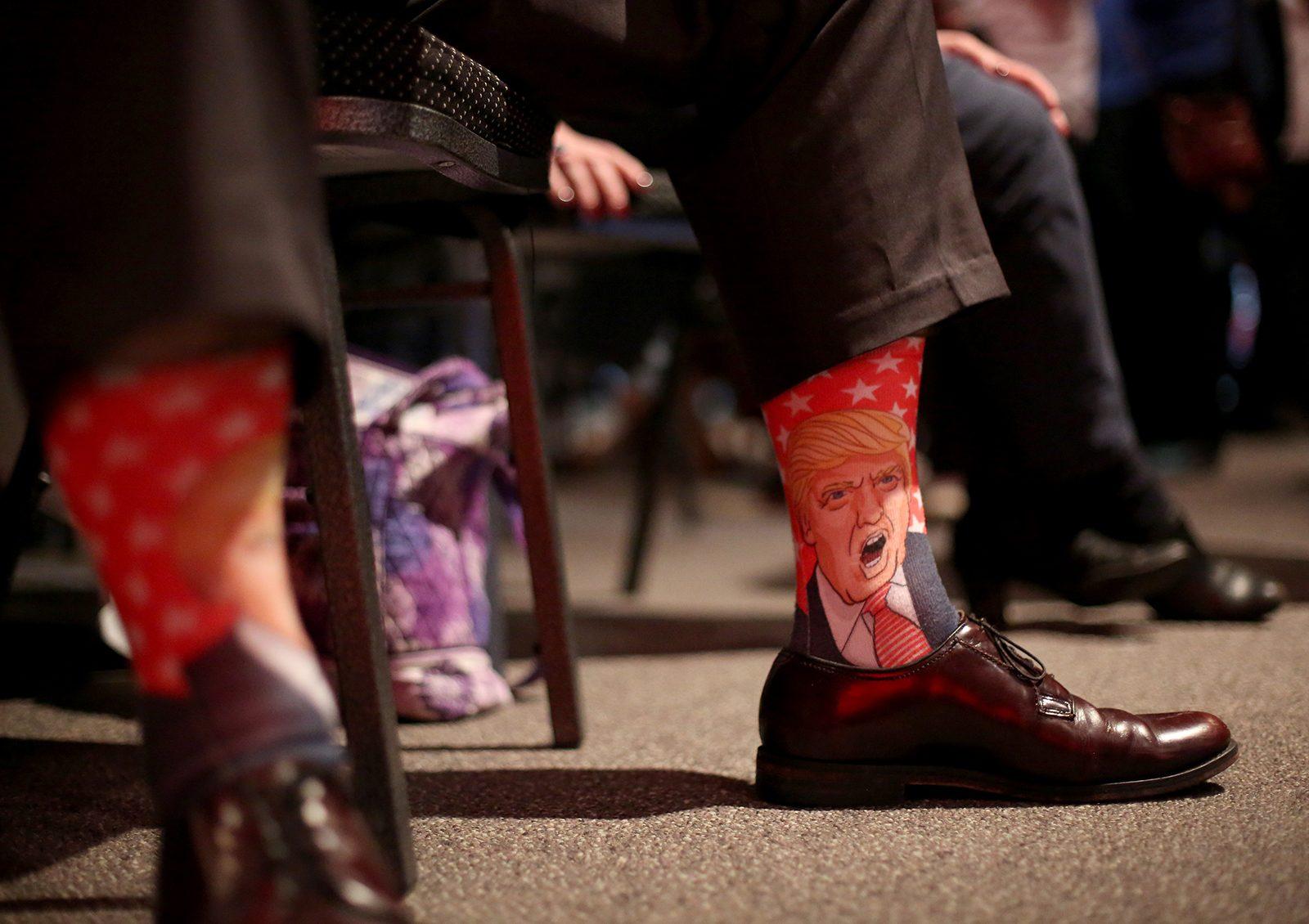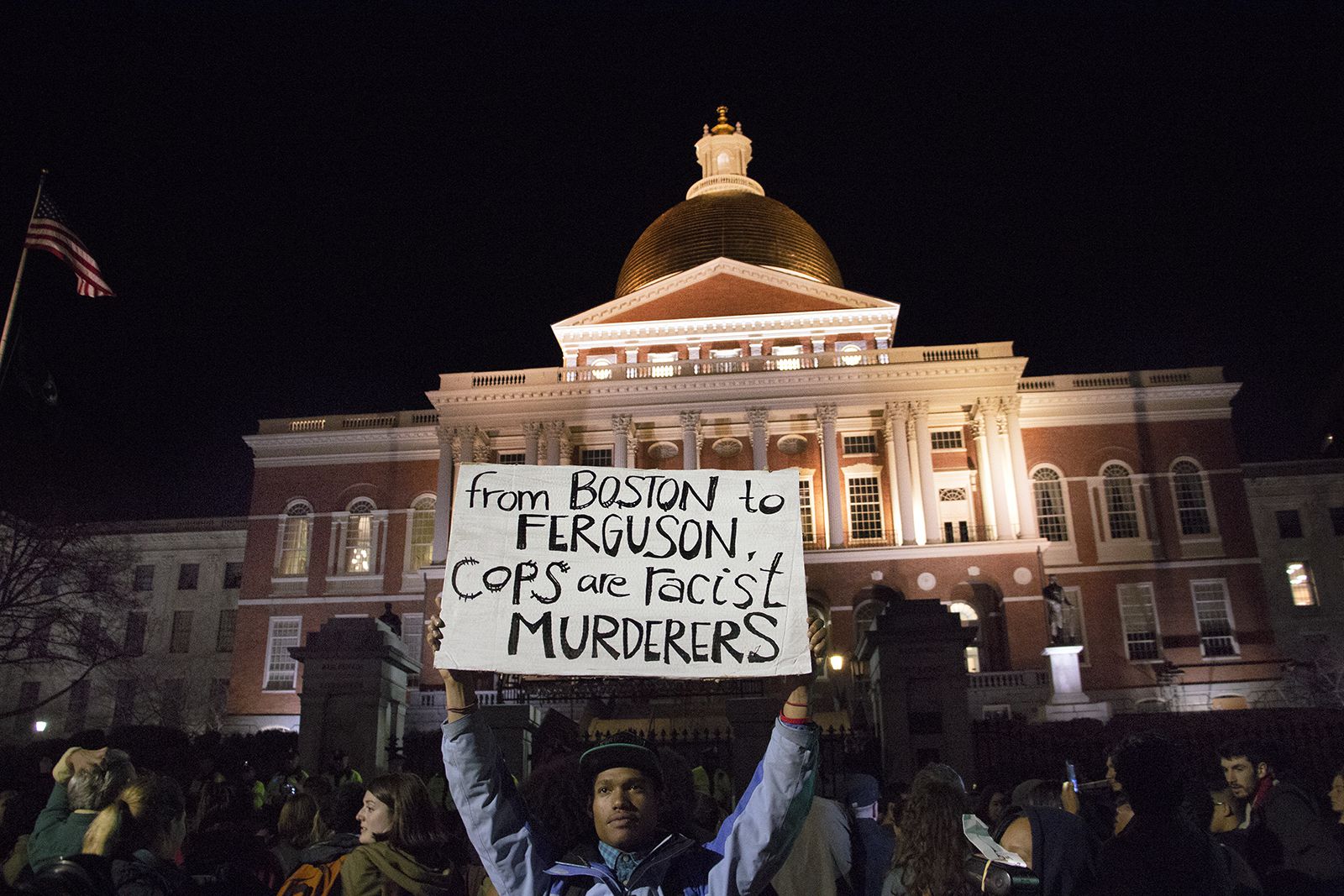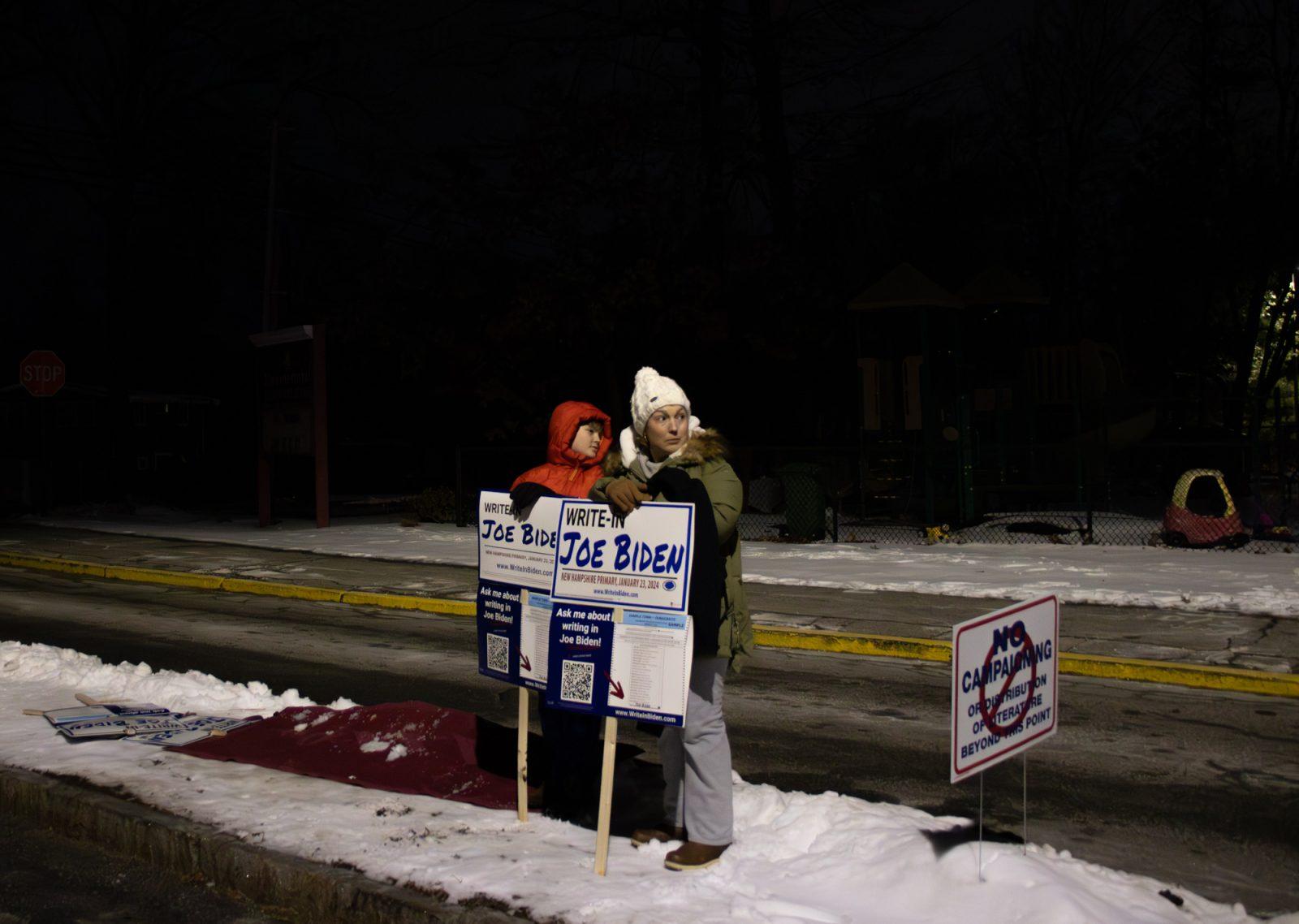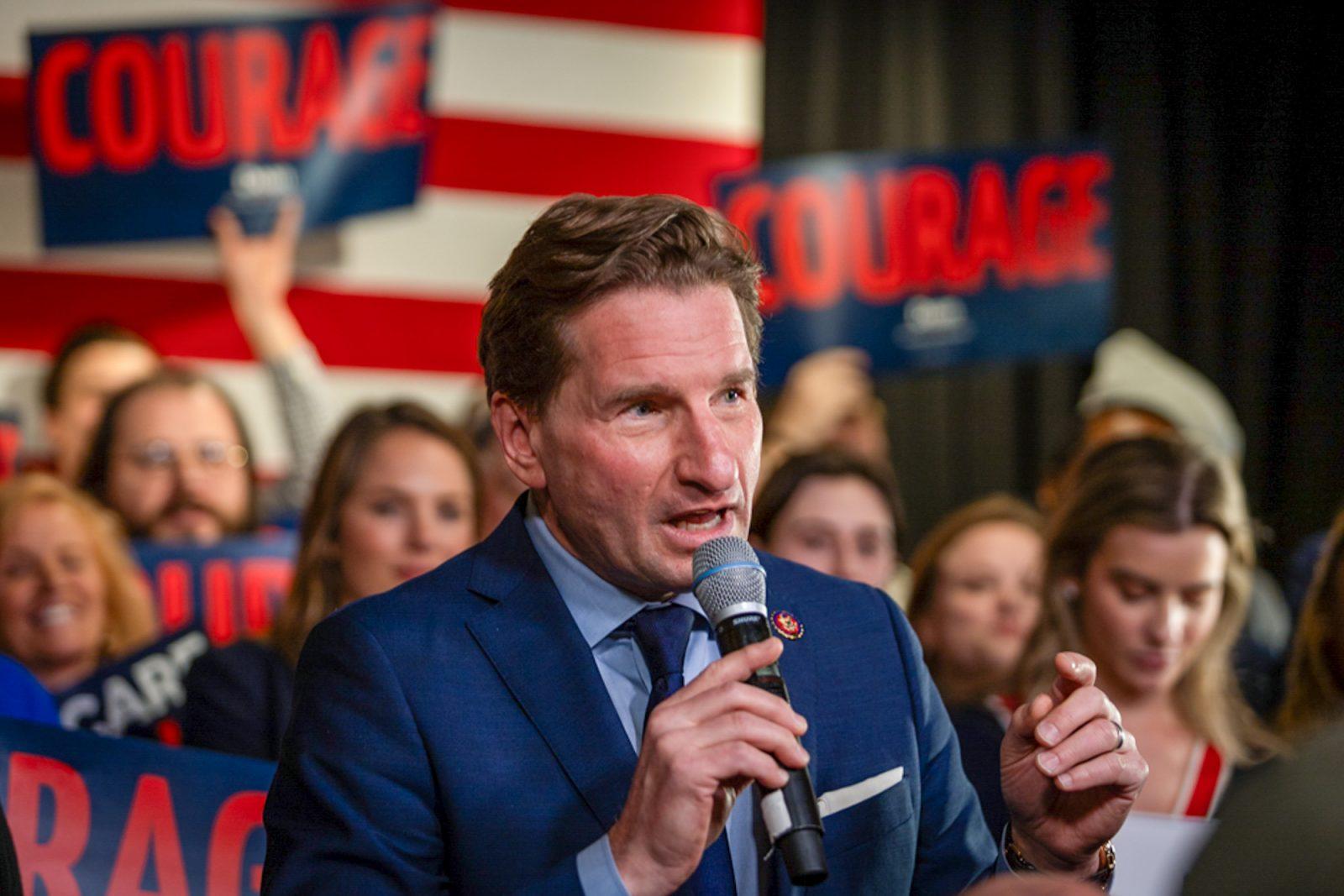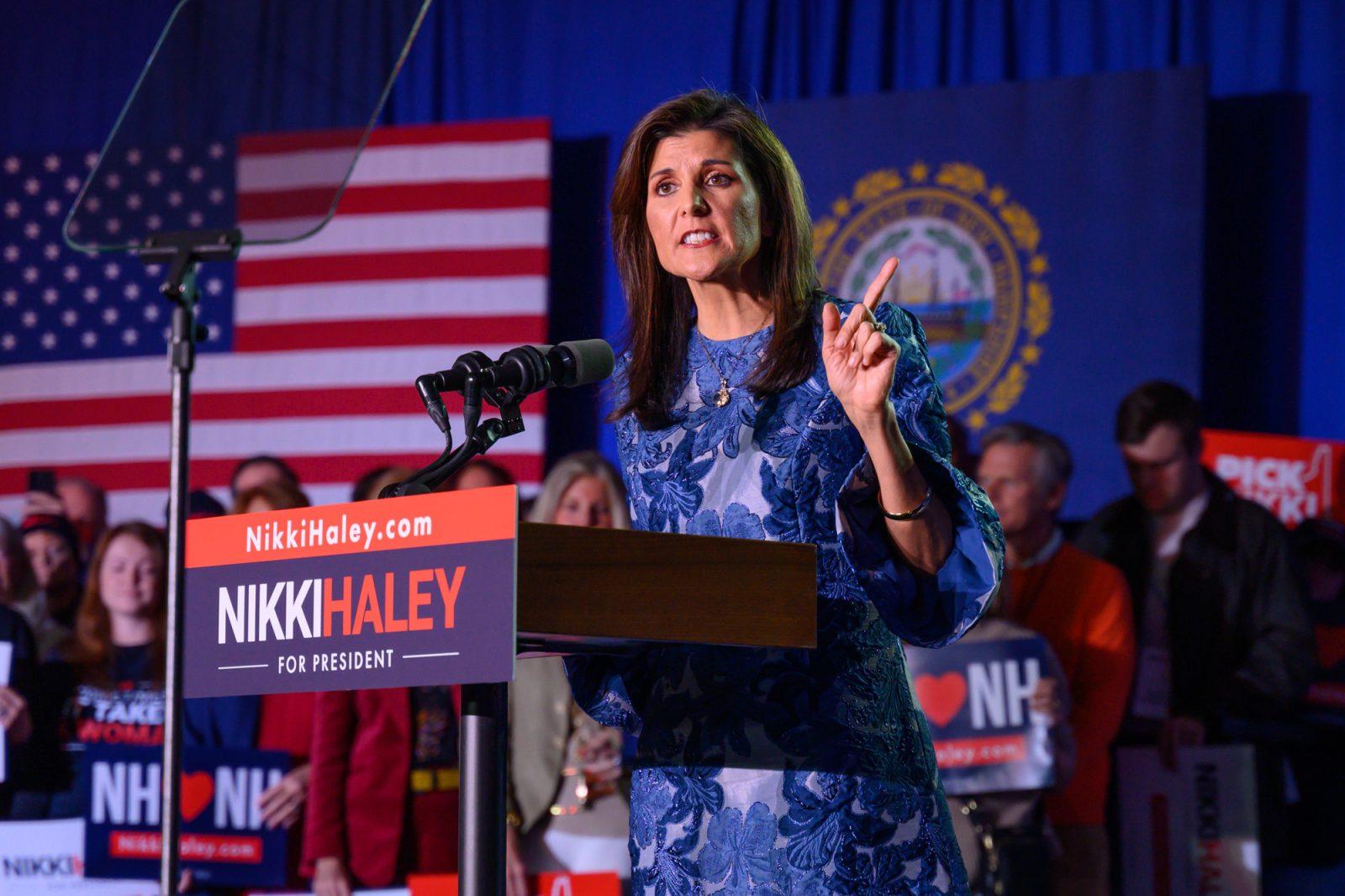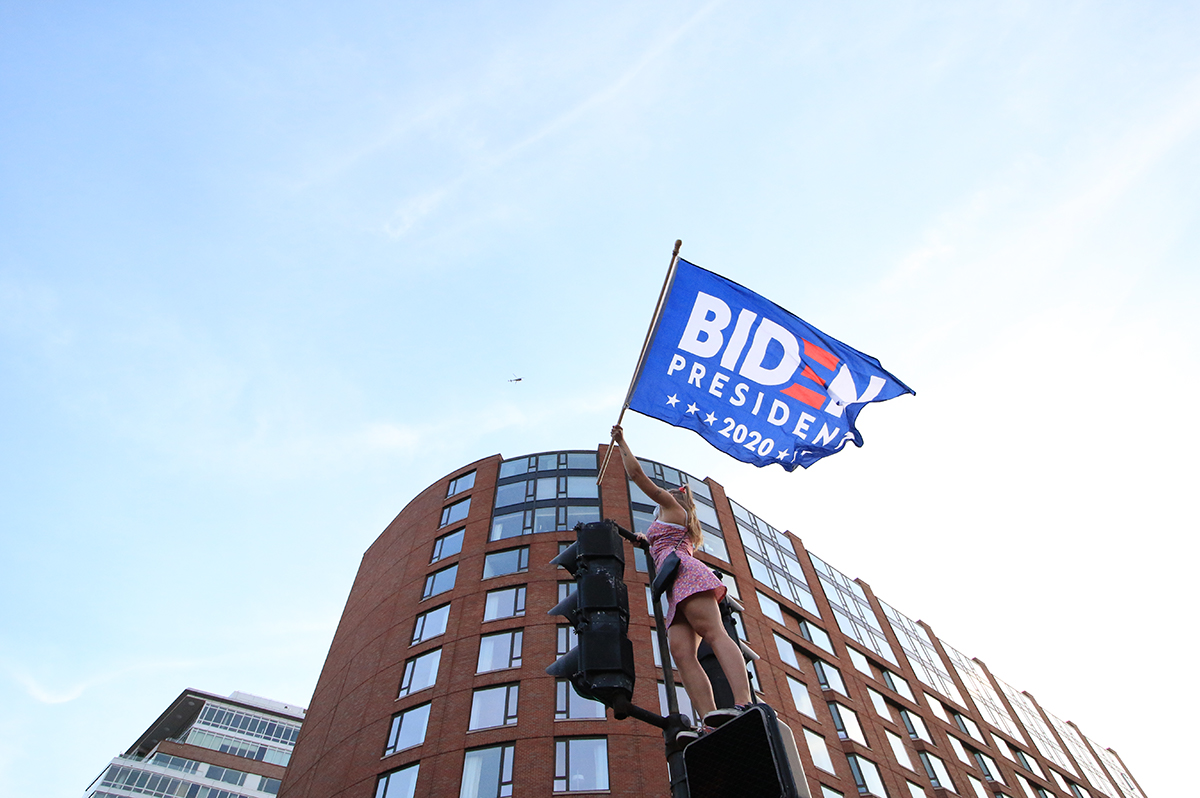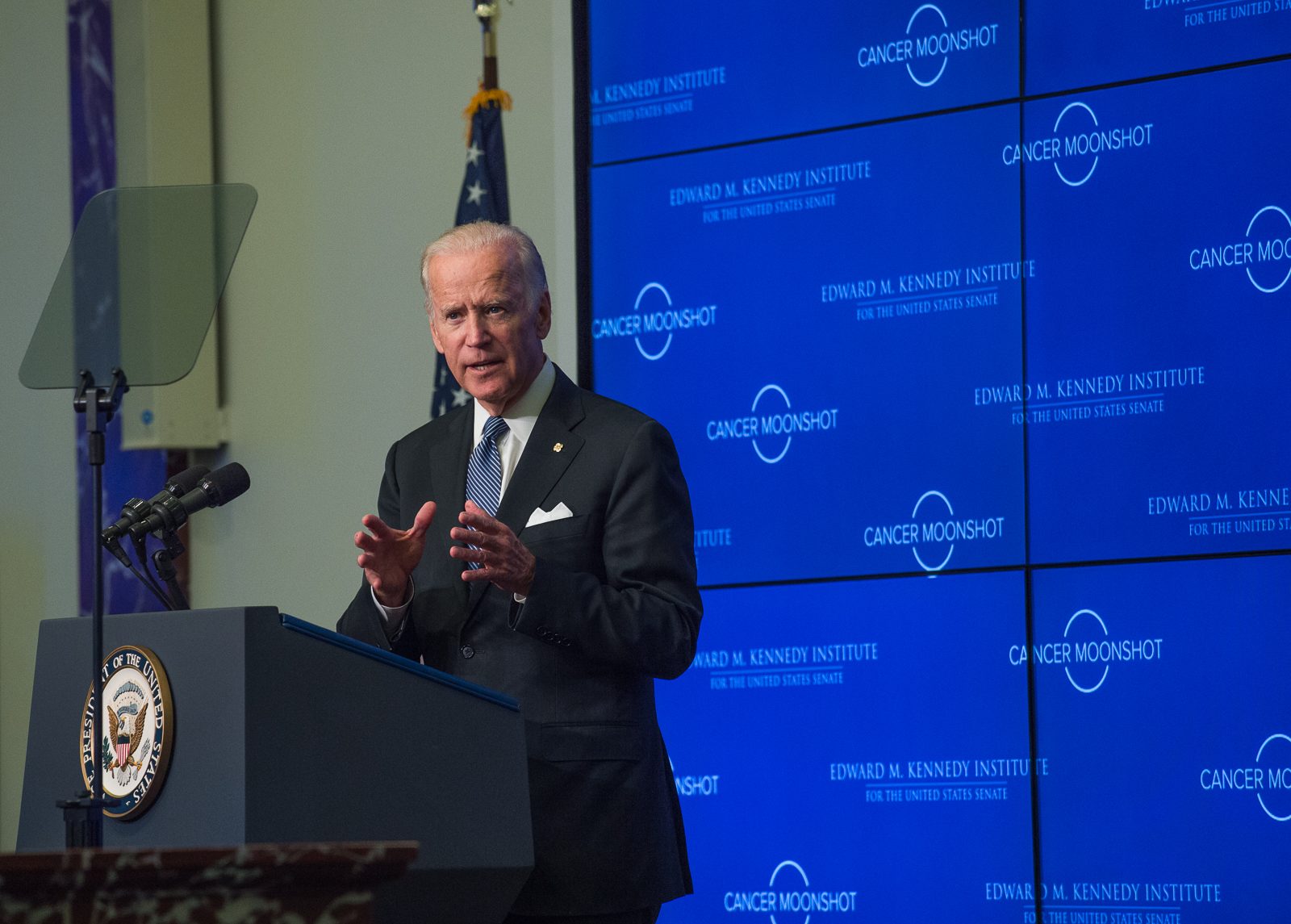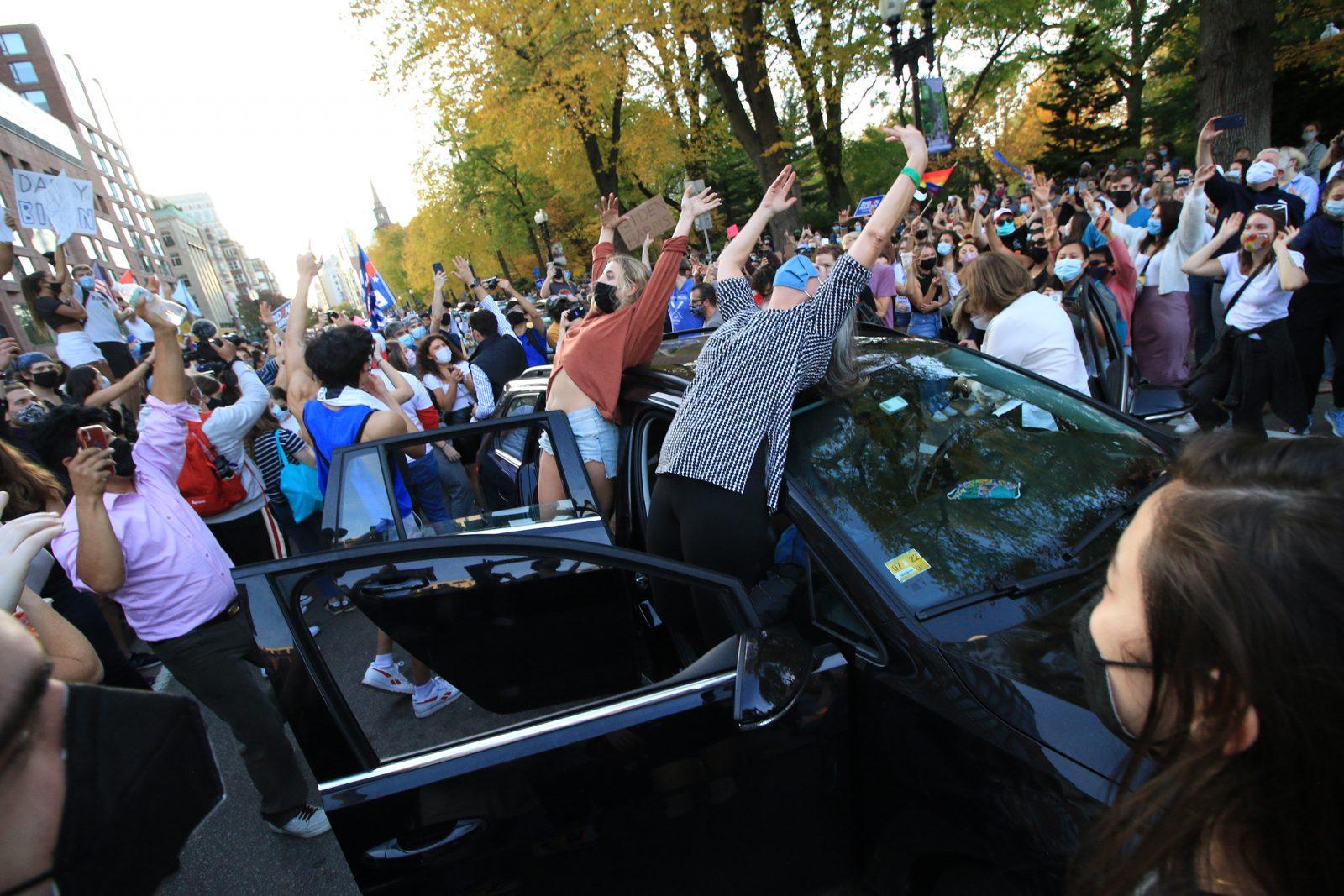On Jan. 19, the election of Scott Brown to the Senate stripped Democrats of a 60-seat supermajority that many had predicted would be crucial for any comprehensive health care reform.
But those predictions were premature &- and even on the day of Brown’s election, members of the media knew it, writing across the pages of the news that the House Democrats needed only to pass the Senate version of the bill.
When two months later, the Democrats did just that. It was clear that the media had had a major influence on the debate &- and yet this influence was not nearly sufficient, panelists said at Harvard University’s Kennedy School of Government Monday.
Moderated by Robert Blendon, a professor of health policy and management at Harvard, the panel discussion was largely in a question-and-answer format. Before a packed auditorium of around 60 people, Ezra Klein and two other health care journalists talked about everything from cost control in the bill to the role of the president in crafting legislation.
They focused on their struggle as journalists, particularly the question of how to take the focus away from political squabbling and scandals to the substance of the legislation. Even though the health care legislation has passed, said the panel, this struggle is not over.
“The political debate starts now; the educational debate starts now,” said panelist Julie Rovner, a health policy correspondent for National Public Radio.
Blendon said the public was largely split on the health care law. When pollsters tell people about many individual elements of the law, they tend to like it; on the other hand, people tell pollsters that they believe they’ll be worse off under this bill, said Blendon, who added that he was humbled by how little the public knew about the law.
This may be because the media often focuses on only a few small but controversial parts of the bill, Klein said.
“The way these things work is you start with this large potential policy area, where the bill can become any one of a number of things. But then it turns out that people agree on a number of things, like 80 to 90 percent,” Klein said. He added that this leads to the news focusing almost solely on that 10 to 20 percent not everyone agrees on.
But panelist Timothy Johnson, a doctor and the medical editor for ABC News, said there was only so much the media could have done.
“We really tried for a two-year period to make it a policy story, graded the proposals of political candidates on the basis of policies, etc.,” Johnson said. “By the end of last year, we decided we didn’t know what was going to be in the bill. I didn’t really know what to talk about in terms of policy. So we decided to make it a political story.”
Attendees of the event ranged from medical students to a former staffer of the late Sen. Ted Kennedy. Though many said they found the event informative, some expressed discomfort with the progressive-leaning panel.
“Way more people get news from talk radio” than the sources represented at the panel, said Rheinheart Benjamin , a 2008 Tufts University alumnus who attended the forum because he is, in his words, a “news junkie” interested in how the media affected the health care battle.
Still, Benjamin said he admired the journalists represented.
“I do think there is a kind of proud liberal tradition, to try really hard to do non-opinion, explanatory news,” Benjamin said.
Other attendees said they were interested in what wasn’t covered by the mainstream health care debate. Vina Ilakkuvan, a student at Harvard’s School of Public Health, said the news never concentrates on topics of importance to actual public health experts.
“Basically, they talked about [insurance] coverage,” said Ilakkuvan, adding that the journalists ignored factors such as “the environment, access to food and other social determinants of health.”
Elizabeth Rhodes, also a Harvard SPH student, said she was often frustrated with the media when the bill was undergoing debate, though she added that the panel’s journalists put her mind at ease.
“It was really hard to get information about what the bill actually was,” Rhodes said.

















































































































